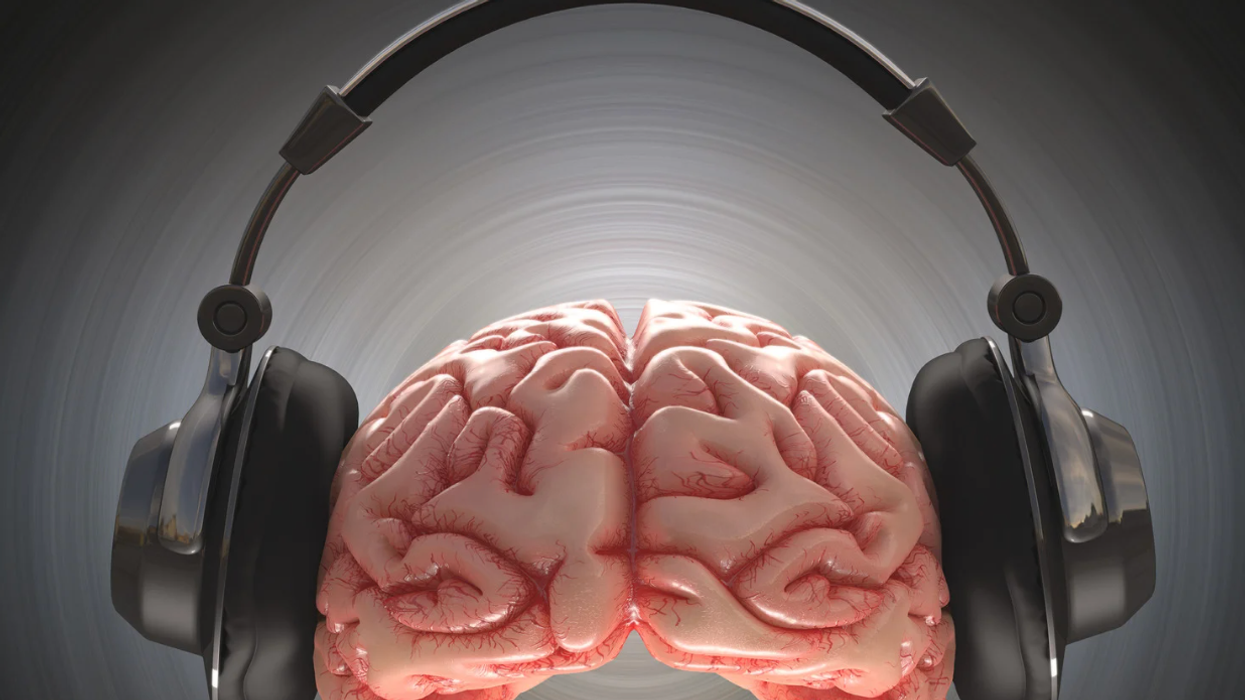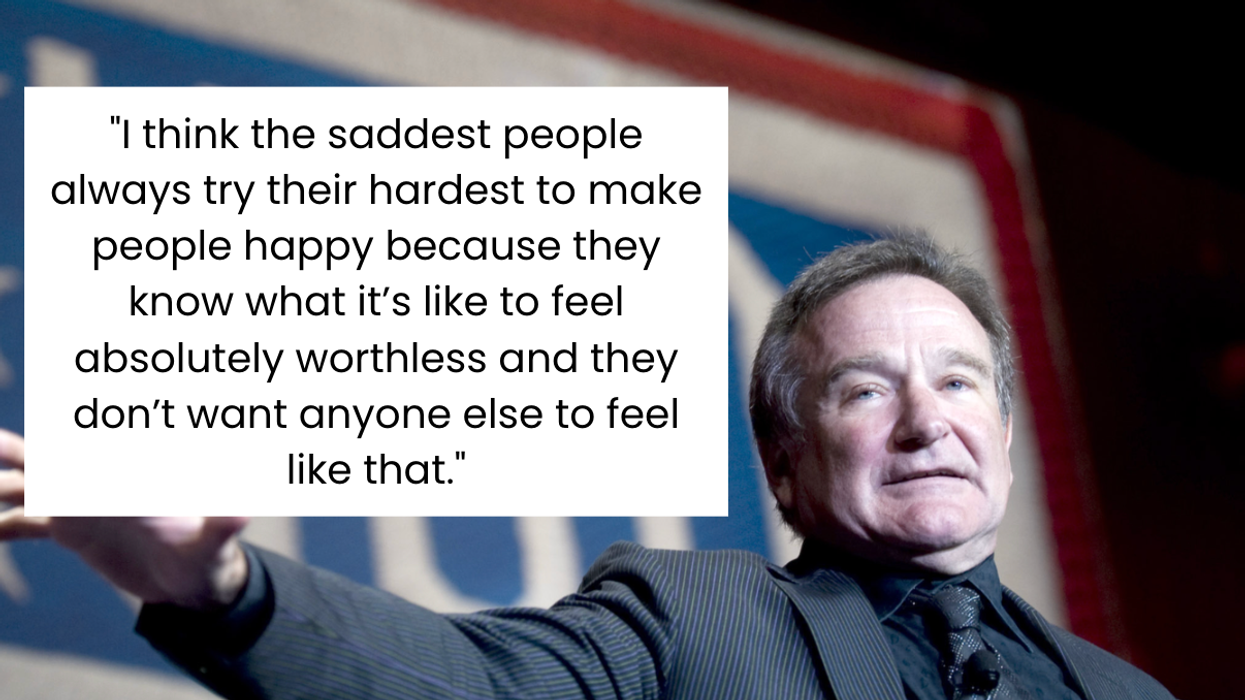Put the words “civil rights” next to “education,” and your brain probably conjures up images in black and white: Stoic black teenagers walking past screaming, angry white people outside of Little Rock High School maybe, or black schoolgirl Ruby Bridges, in plaits and a crisp white dress, escorted to class by four beefy U.S. marshals.
Unlikely to make the mental picture: Subpar programs for special-needs kids, schools with a history of disproportionately punishing black boys, or a college dean whose campus recorded another rape.
[quote position="left" is_quote="true"]10% of complaints involve allegations of discrimination against students with ADHD.[/quote]
Yet the Department of Education’s new plan to streamline the work of its Office of Civil Rights (OCR) could make it harder for special-needs students in public education to get quality educations, make it easier for public schools to continue engaging in systemic bias, and make it harder for female students to be taken seriously when they complain about sexual abuse.
In a memo leaked to the media last week, Candace Jackson, the department’s acting assistant secretary for civil rights, instructed OCR staff to throttle back on broad investigations of institutional problems and focus more on individual complaints of bias or mistreatment.
The change — which also includes easing up on oversight of OCR regional offices — is intended to accelerate ongoing investigations and catch up on a backlog of civil-rights complaints they inherited from the Obama administration.
“There is no longer a ‘one size fits all’ approach to the investigation of any category of complaints,” Jackson wrote in the memo, reported first by ProPublica.
But the shift — paired with a proposed budget that slashes the OCR’s resources — caused an uproar. Critics argue a lot of the violations OCR unearthed in the previous administration involved systemic issues, repeat misconduct, and unaddressed problems that would have continued if the OCR hadn’t looked at the big picture.
Clearing the case backlog “is an honorable and a reasonable goal,” says Natasha Strassfeld, assistant professor of special education at New York University’s Steinhardt School of Culture, Education, and Human Development. “On the other hand, these investigations take time,” and the results can compel schools to make long-term changes.
[quote position="left" is_quote="true"]Investigators focused on individual complaints are more likely to miss broader issues.[/quote]
Michele Dauber, a Stanford University education law professor, was blunt: “It's just dumb.”
The trees-instead-of-the forest approach, she argues, could trigger a feedback loop: Investigators focused on individual complaints are more likely to miss broader issues; if they miss the broader issues, they’ll keep getting the same complaints, triggering repeat investigations of the same problem.
“They’re going to re-investigate complaints that could have been caught the first time,” she says, noting that the approach will delay solutions for the complainant, pass up an opportunity to correct the school, and cost taxpayers more money. “It’s lose, lose, lose all the way around.”
Add a coalition of influential Democratic senators to the ranks of the outraged: When news broke about the OCR shift, they fired off a letter to Education Secretary Betsy DeVos, asking her and the department to explain themselves.
“You claim to support civil rights and oppose discrimination,” according to the letter, signed by 40 lawmakers, including Sen. Patty Murray of Washington, a former teacher. “But your actions belie your assurances.”
While its name hints at the black-white divide in education, the OCR handles a broad range of complaints in the public education system — including investigations of racial discrimination, gender bias in the classroom, and rape at colleges that receive federal funds.
Ensuring a quality education for special-needs students falls under the OCR umbrella.
Since 2011, “OCR has received more than 16,000 complaints that allege discrimination on the basis of disability in elementary and secondary education programs, and more than 10 percent involve allegations of discrimination against students with ADHD,” according to the OCR website. The most common complaint concerns “academic and behavioral difficulties” that go undiagnosed and underserved in public schools.
Strassfeld points to a 2014 OCR investigation triggered by a discipline complaint in Minnesota.
Besides investigating the student’s complaint that he’d been unfairly punished, she says, OCR investigators “found that black students in K-12 were significantly overrepresented in discipline actions in Minnesota.” The office then used that information as leverage and worked out an agreement with the district to fix the problem, protecting other students as well as the complainant.
“Had that not been done, systematically, you would have found a problem with only one student,” Strassfeld says. “You don’t get a class [solution] approach when you only do an individual-level of investigations.”
Strassfeld says the furor over the change may cause DeVos and the Department of Education to rethink the move; after all, Strassfeld says, “Memos aren’t necessarily final. Memos can be amended. It’s hard to say what the final resolution will be.”
But Dauber says it’s hard not to assume they don’t think equal treatment in schools isn’t a department is a priority.
“The [OCR’s] mission is one we should all agree on: Protecting America’s children and America’s [taxpayers],” she says. “Every child should have an equal opportunity to learn.”
















 Robin Williams performs for military men and women as part of a United Service Organization (USO) show on board Camp Phoenix in December 2007
Robin Williams performs for military men and women as part of a United Service Organization (USO) show on board Camp Phoenix in December 2007 Gif of Robin Williams via
Gif of Robin Williams via 
 People on a beautiful hike.Photo credit:
People on a beautiful hike.Photo credit:  A healthy senior couple.Photo credit:
A healthy senior couple.Photo credit:  A diverse group of friends together.Photo credit:
A diverse group of friends together.Photo credit:  A doctor connects with a young boy.
A doctor connects with a young boy.  Self talk in front of the mirror.Photo credit:
Self talk in front of the mirror.Photo credit:  Lightbulb of ideas.Photo credit
Lightbulb of ideas.Photo credit 

 Superstructure of the Kola Superdeep Borehole, 2007
Superstructure of the Kola Superdeep Borehole, 2007 

